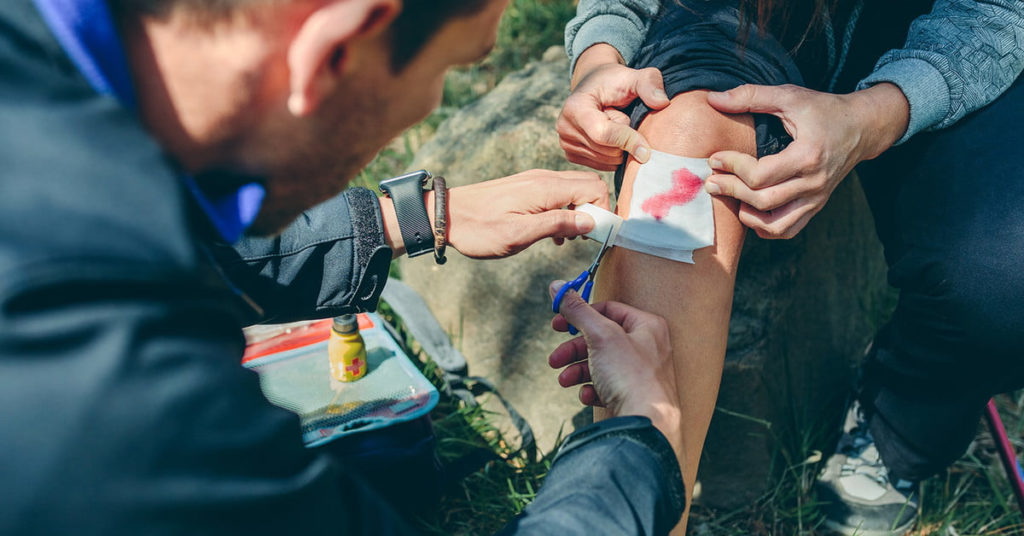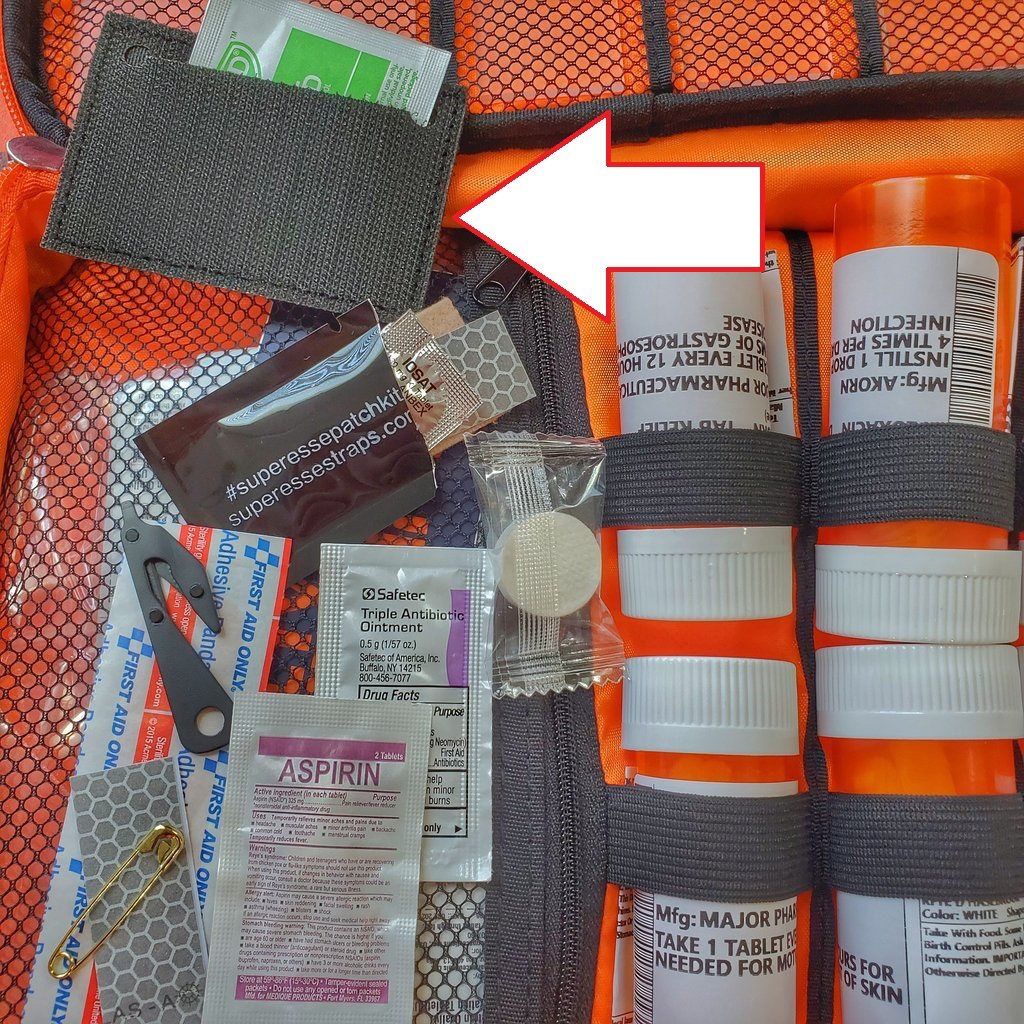The below is an excerpt from our Worst Case Scenario First-Aid Guide (WCS-FA). These are simple steps to take to prepare yourself for Injuries and Illnesses (I/Is) with an emphasis on the scenarios where EMS can’t respond and medical facilities are unavailable.

MEDICAL READINESS PREPS
If you take no action to prepare for a medical emergency there is still a relatively good chance you would survive if EMS exists but even then you can increase your chances or the chances of a loved one if you take some preventive steps and preparations. Now if you are placed in a Worst Case Scenario (WCS) where no EMS is available and you are not prepared, you’ve got a high chance of death or long term consequences.
Take preventive steps to avoid an I/I following the tips. We’ve listed this in great detail in the WCS-FA Guide but for space and time concerns, we’ve redacted it in this Briefing.
Gain knowledge and a general understanding of first-aid by reading this guide and expanding on specific I/Is from other resources.
Learn CPR. We recommend you find an online or in-person class (see below), but at a minimum, there are short YouTube videos that will teach you the basics. Take 5 minutes to learn now, and you may save a life.
Take classes. A simple internet search for your area will turn up local organizations and schools that offer training, some of which are free. RedCross offers an online tool for signing up. Here’s our recommended list in order of precedence;
》CPR and AED (Automatic External Defibrillator)
》First Aid
》Basic Life Saver
》Cat and Dog First Aid
》Advance Life Saver
》Wilderness and Remote First Aid
Get routine checkups. Identify your blood type, allergies, and family medical history.
Consider consulting a preventive healthcare provider and being prescribed medications for potential I/Is. A telehealth specialist such as “Duration Health” can provide a pack of meds for WCS.
Stock up on basic first-aid supplies, trauma supplies, prescription medications, OTC medication, natural remedies, vitamins and supplements, and emergency equipment.
Make a crisis plan. Involve friends and family. Identity members with specialties in the medical field and in other fields that could aid in a WCS. For example if you are not a hunter but foresee the need to hunt for food in a WCS, a member of your inner circle could be assigned that task. This could potentially prevent an untrained hunter from suffering an injury in a field of expertise they do not have. Use our ICERS Plan to build an inner circle of trusted friends and family and assign each task. Search for members in the medical field. Get it at bit.ly/ICERS
Other basic preparedness steps include;
》Carry an ICE Card.
》Have rally points and egress routes.
》Make connections with resources. Have pre-arranged contacts with whom you can trade goods, gather intel, or receive services in a WCS.
》Law Enforcement, Military: for intel gathering and protection.
》Press, Government Officials: for intel gathering or preferential treatment.
》Farmers, Land Owners: for food sustainment, or shelter.
》Store Owners, Preppers: for bartering and trading goods.
》Emergency Medical Service Professionals: for creating pre-arranged agreements to receive medical treatment in case of emergency. These are doctors, EMTs, medics, etc; that you can go to if a LAE causes traditional EMS to be unavailable. Having a friend who is a doctor allows you to summon their aid, or travel to their home for medical treatment even if their clinic or hospital has been closed/abandoned. These persons are referred to as Previously Allied Emergency Medical Services, or PA-EMS. They may be your only option to survive a severe Injury or Illness.
Everyday Carry (EDC) is the practice of carrying essential tools and supplies on your person. If you live in a high crime area, or if an LAE has occurred; carry a gun, IFAK, and tourniquet as part of your EDC. This offers both a prevention and response to WCS-FA.
Download the WC-FCS First-Aid Guide HERE.
First-Aid and Medical Kits

